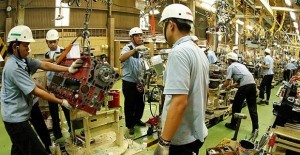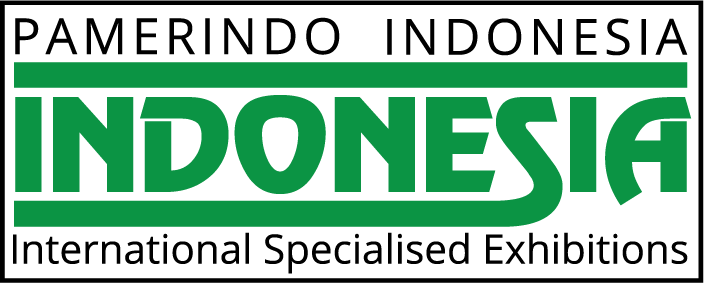Indonesia’s Manufacturing Sector Has Biggest Contribution in ASEAN
Diposkan pada: 4 Jan 2018 ; 1501 Views
Indonesia’s non-gas and oil processing industry plays an important role in accelerating the country’s economic development as it brings positive domino effects, such as an increase in value added of domestic raw materials, job opportunities, and foreign exchange earnings from exports. In addition, domestic manufacturing sector also gives the biggest contribution to taxes and excises.
“A country can be considered a developed one if it has strong industries. For that reason, we stay focused on implementing consistent policies on downstream industries which will bring multiplier effects to the economy,” Minister of Industry Airlangga Hartarto said in a press statement in Jakarta on Thursday (4/1).
Based on United Nations Statistics Division data per 2016, Indonesia ranks fourth out of 15 countries in the world whose manufacturing industry contribute significantly to Gross Domestic Product (GDP). Indonesia contributes more than 22 percent and is ranked after South Korea (29 percent), China (27 percent), and Germany (23 percent).
The average contribution of the 15 countries is 17 percent. England which contributes 10 percent is placed below the average figure, while Japan and Mexico are placed below Indonesia with 19 percent contribution.
“Twenty-two percent is such big achievement, so Indonesia is included in the world elite,” the Minister said.
Meanwhile, based on the report from United Nations Industrial Development Organization (UNIDO), Indonesia ranks ninth in manufacturing value added or increases by one ranking from the previous year. Indonesia shares the same ranking with Brazil and England, and places higher than Russia, Australia, and other ASEAN countries.
According to Airlangga, the contribution of Indonesia’s manufacturing sector can reach 30 percent if it is calculated from pre-production, production, to post production process.
“The current paradigm of global manufacturing industry is based on the agreement at World Economic Forum which states that the production process is counted as an one. Therefore, we can no longer view production process from the factories alone,” the Minister firmly said.
Furthermore, manufacturing is considered as one of leading sectors in boosting the acceleration of development and equitable distribution of the national economy. Thus, it is really important to conduct economic transform that will shift consumption-based into manufacturing-based economy.
“Besides, the President has instructed that Indonesia’s economic policies must lead to a more inclusive and quality economic development,” Airlangga said.
The Minister added that the objectives of the policies are to alleviate poverty and address social gap, as well as to increase employment as much as possible.
In an effort to promote equitable distribution of industry and manifest ‘Indonesia-centris’ condition, Ministry of Industry has also facilitated the development of industrial areas particularly outside Java Island, he added.
“New industrial areas are predicted to grow within the next two years, marking with the construction of eight new industrial areas outside Java Island that potentially absorbs 296.3 thousand workforces,” Airlangga stated.
Furthermore, the Minister regarded Indonesia in the view of its economic proportion to be categorized as an industrial country. “There are three keys to a successful industrialization, namely human resources, capital or investment, and technology,” he added.
Therefore, improving human resources competency through education and vocational training, the Minister added, is one of the Government’s priority programs after developing infrastructure.
“Preparation of skilled human resources is aimed at fostering and producing workforce that suits the needs of the industrial world. We have implemented vocational education so that the Vocational School has a model of ‘Link and Match’ with the industry,” the Minister concluded. (Humas Kemenperin/EN) (RAS/EP/YM/Naster)
source: http://setkab.go.id/en/indonesias-manufacturing-sector-has-biggest-contribution-in-asean/




